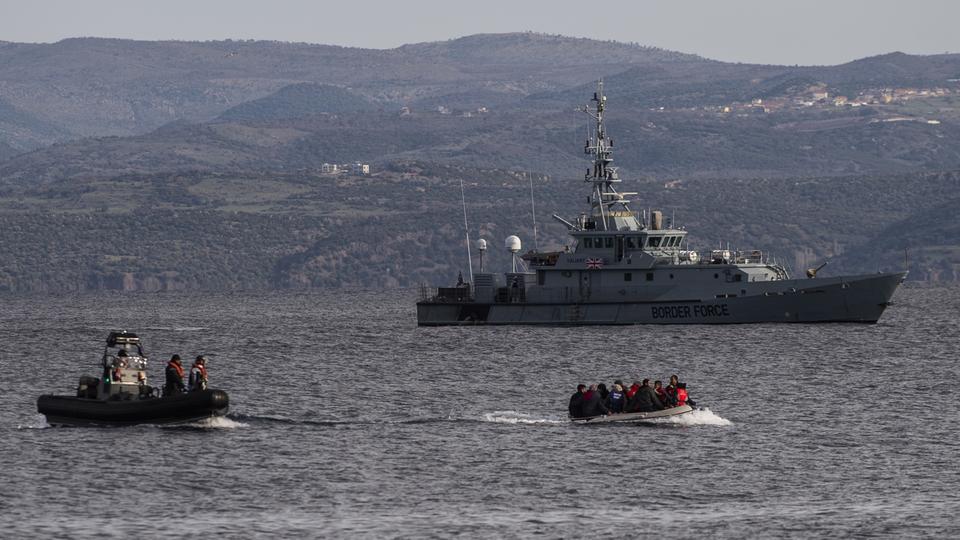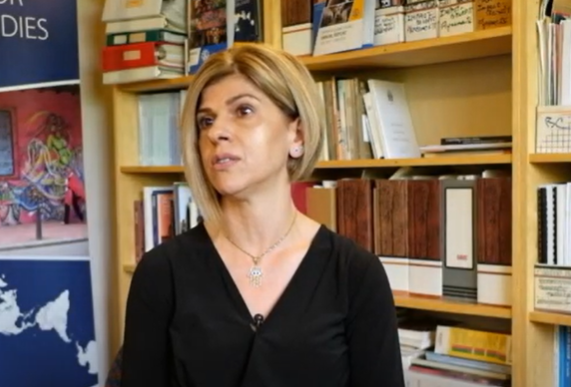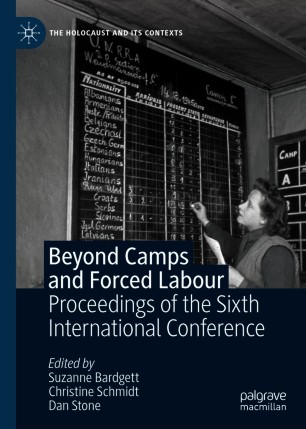Militarizing the Mediterranean Sea – Putting Refugees at Risk, by Oliver Schmidtke
By Oliver Schmidtke, Centre for Global Studies at the University of Victoria
This spring and summer, tens of thousands of refugees have again embarked primarily from Libya and taken the dangerous so-called Mediterranean route to Europe. According to the current estimates of the International Organization for Migration (IOM), over 111,000 migrants have reached Europe by sea so far this year, the vast majority of them arrived in Italy in overloaded and unseaworthy boats. According to the IOM’s figures, more than 2,300 have died on their journey in 2017 so far.
As a reaction to these figures and growing frustration in Italy over the lack of sharing the burden of these refugees more fairly in Europe, Italy and Libya have undertaken some significant steps to curb the endless stream of desperate refugees. For weeks, Italian authorities have raged up the rhetoric against those organizations that operate vessels committed to rescuing refugees in the Mediterranean Sea. Italy has accused these NGO to facilitate the work of the smugglers, if not openly collaborating with them and even benefitting financially from this collaboration (a claim staunchly denied by the groups assisting the refugees at sea). Italy demanded these NGOs to sign a new ‘code of conduct’ that would severely restrict their options at sea. The charities involved in the rescue missions argue that such action would put thousands of lives at risk. In early August, Italian police impounded a boat operated by the German aid organisation Jugend Rettet (Youth Rescues) based on the suspicion that, through its rescue mission, this organization has facilitated illegal migration.
At the end of last week, Libya has made the next, radical step in this push towards curbing the flow of refugees towards the shores of southern Europe. It issued a navy ban declaring that all foreign vessels assisting refugees are not allowed to enter a so-called “search and rescue zone” off the Libyan coast (the exact size of this zone is still unclear). Only some days earlier, an NGO vessel reported being shot at by a Libyan coast guard boat. As a result, Doctors Without Borders announced a temporary halt to its mission in the Mediterranean Sea on Saturday. Other NGOs have already followed suit. The Italian Foreign Minister Angelino Alfano has wholeheartedly welcomed the move by the Libyan government and declared in an interview in La Stampa on Sunday: “This sends a signal that the balance is being restored in the Mediterranean.”
For a whole range of reasons Libya and Italy – in concert with the EU’s Frontex (the European Border and Coast Guard Agency) have clearly embarked on a strategy of deterrence in their attempt to curb the massive influx of refugees (in the Italian case, the looming general elections are a significant factor). Yet, clamping down on rescue operations and militarizing the governance of the border in the Mediterranean Sea is likely to have some devastating effect on those refugees whose desperation drive them to risk their lives to embark on the journey to Europe. By banning refugees from the public eye and impeding humanitarian assistance, Italy and the rest of Europe threatens to undermine their own constitutive values. The EU Charter of Fundamental Rights commits all member states to the Right to Asylum (Article 18) and the EU portrays itself as vitally devoted to the protection of human rights. However, in their practical implications, the current strategy of banning humanitarian aid at sea and of addressing the suffering of the refugees with military force and deterrence will result in the outright violation of these fundamental values. For Italy, like for other liberal democracies in today’s world, the global refugee crisis poses a fundamental moral challenge, – one that will not be solved with the closing of borders.
About the author: Oliver Schmidtke is Director of the Centre for Global Studies (CFGS) and Jean Monnet Chair in European Politics and History at the University of Victoria. Dr. Schmidtke, a former director of European Studies and president of the European Community Studies Association in Canada (ECSA-C), holds appointments in the departments of Political Science and History. Currently his research focuses on issues of democracy, populism, memory politics, the labour market inclusion of highly skilled immigrants as well as processes of political advocacy of migrant and minority groups.










